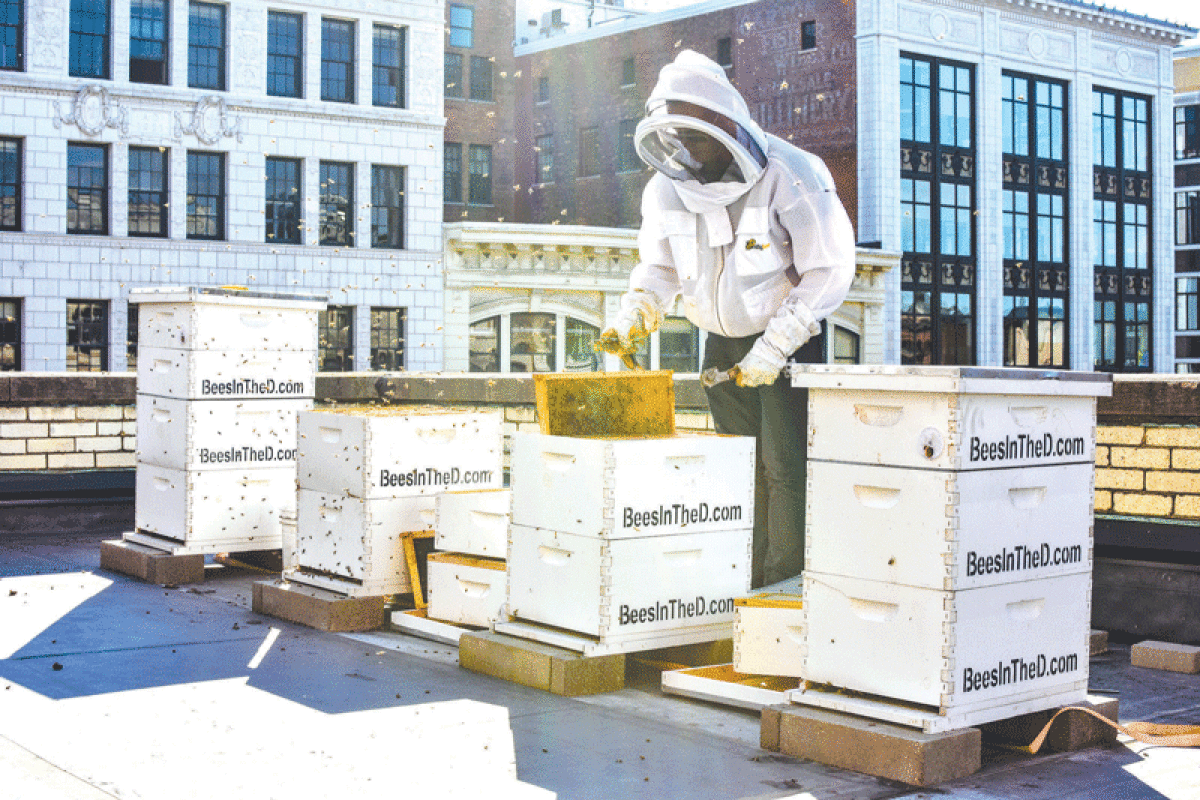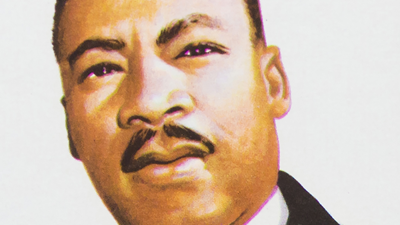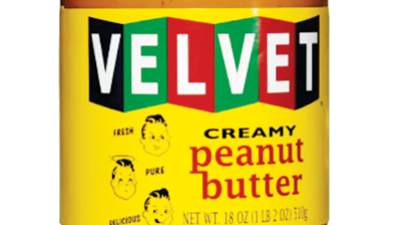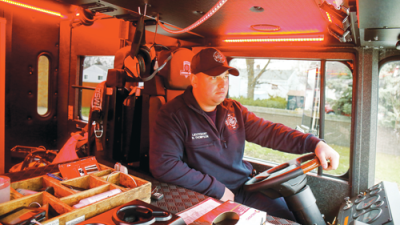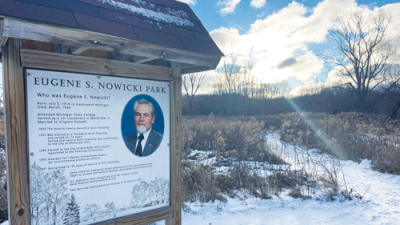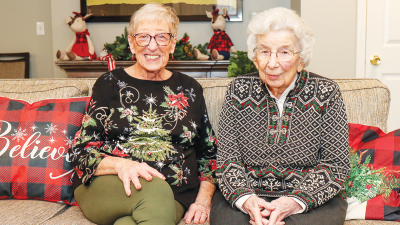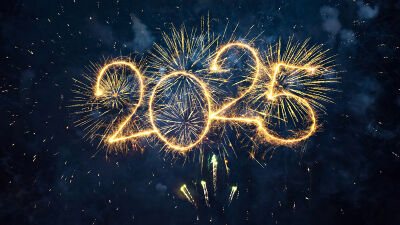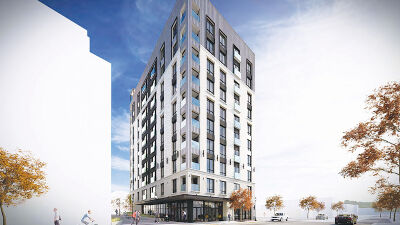STERLING HEIGHTS — Sterling Heights officials are quietly being busy bees, crafting new proposed rules that could regulate beekeeping in the community to make it more harmonious to neighbors.
During a March 21 meeting, the Sterling Heights City Council unanimously voted to ask the city administration to write up a proposal to regulate beekeeping. Any new regulations would amend the city’s zoning ordinance.
City officials have been exploring how to address private beekeeping, which some hobbyists do to get their own honey, beeswax or related products.
According to Giffels Webster planning consultant Andy Aamodt, beekeeping offers sustainability benefits, adding that pollinators “are essential for a vibrant ecosystem.” He said artificial beehives are typically kept in a cabinet ranging between 6 and 20 cubic feet in size.
Aamodt said some other communities that allow beekeeping demand a permit, hive size restrictions, setback requirements, a water supply and a foliage- or fence-based flyway barrier. Such practices are basically in line with the state’s agricultural management practices, he said.
“There are benefits of codifying it into a code of ordinances, mostly that it creates a more manageable expectation for beekeepers and for neighbors,” Aamodt said.
“There are some obvious challenges. When not managed correctly, bees have a potential to become a nuisance — potentially dangerous — for those who are allergic. A lot of it depends on, just, the beekeeper being responsible and being knowledgeable.”
Assistant City Planner Jake Parcell said any regulations that the city comes up with would need to be strict.
“We have come up to the determination that if we create an ordinance on this that’s not restrictive, enforcement on keeping bees on people’s residential lots will become infeasible,” he said.
Parcell added that the city could look at permit fees to cover the cost of regulating the practice. He said any regulations should align with the state’s agricultural management practices.
Councilman Michael Radtke said smartly regulated beekeeping would be a community benefit.
“I know that there are residents keeping bees right now. I’ve seen the hives. So let’s regulate it so that it’s done the right way — it doesn’t cause a problem for others,” Radtke said.
Councilwoman Barbara Ziarko said that a couple of years ago, an organization called Bees in the D was once interested in an arrangement to set up hives in the vicinity of Dodge Park. Bees in the D did not reply for comment by press time.
“They actually come out, and they take care of the hives,” Ziarko said. “They harvest the honey, and then we could sell the honey like at the farmer’s market or at Sterlingfest to recoup some of the money that we put into this.”
The city said it plans to put together an ordinance in the next 90 days.
Learn more about Sterling Heights by visiting www.sterling-heights.net or by calling (586) 446-2489. Learn more about Bees in the D by visiting beesinthed.com.
 Publication select ▼
Publication select ▼